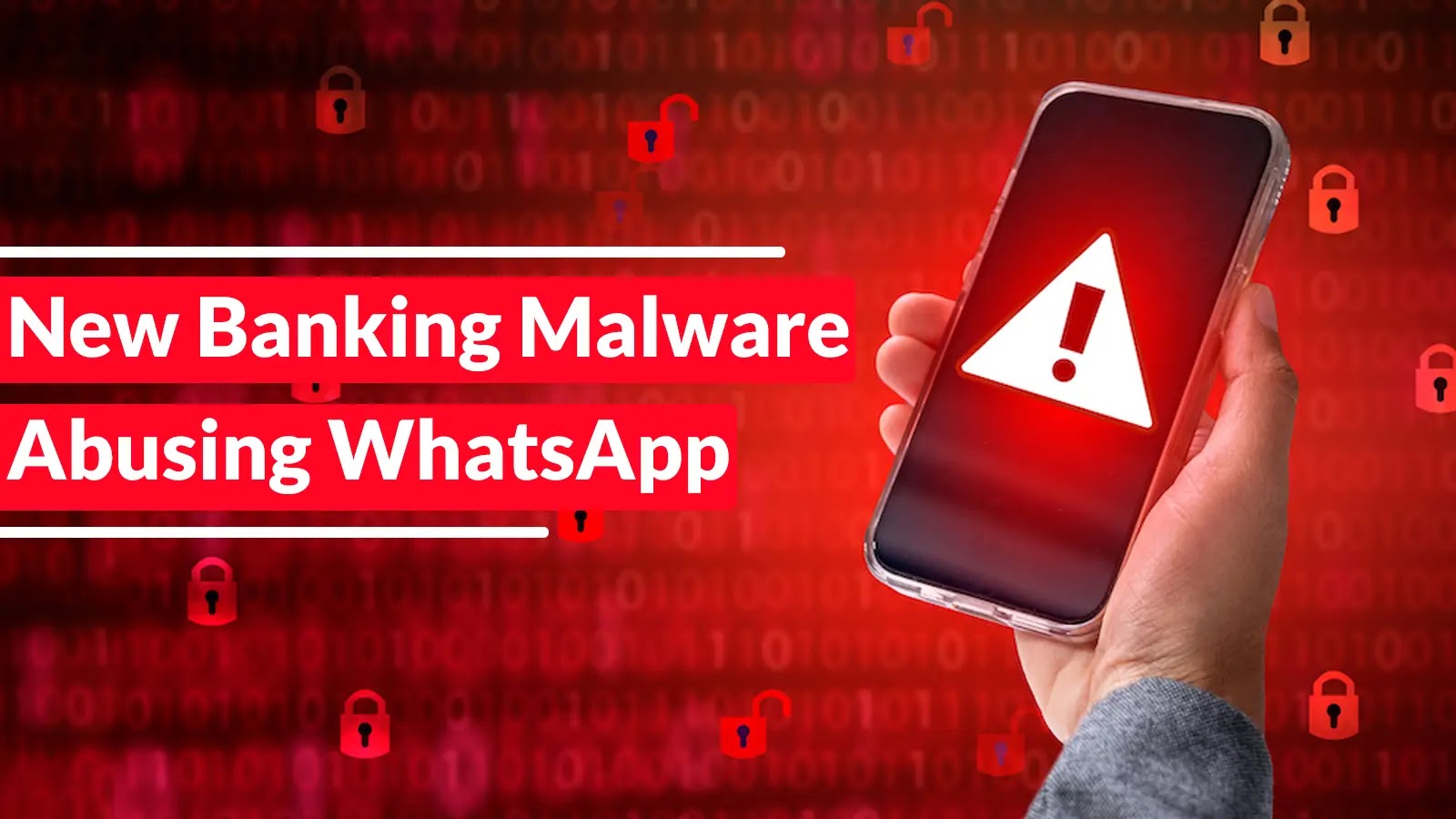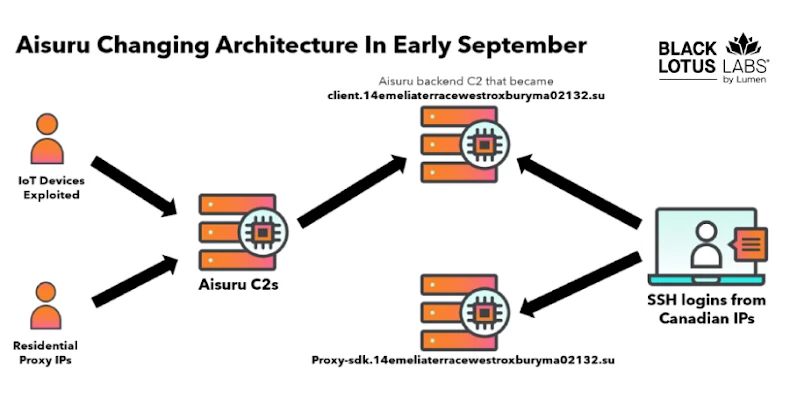Secure Shell (SSH) has long been a cornerstone for secure remote administration, widely adopted across various operating systems and embedded in numerous applications. However, recent research by runZero has uncovered significant vulnerabilities within SSH implementations, leading to the development of an open-source tool named SSHamble. This tool is designed to assist security professionals in identifying and mitigating these risks.
Genesis of SSHamble
The inception of SSHamble was driven by an investigation into the xz-utils backdoor incident, where malicious code was inserted into the xz-utils compression utility, a component integrated into many Linux distributions. This incident highlighted the potential for severe security breaches through seemingly innocuous software components. In response, runZero’s research team delved into SSH implementations, uncovering a range of vulnerabilities that had remained undetected due to the absence of specialized testing tools. ([runzero.com](https://www.runzero.com/blog/sshamble-unexpected-exposures-in-the-secure-shell/?utm_source=openai))
Uncovered Vulnerabilities
The research revealed several critical issues across various SSH implementations:
– Authentication Bypass: Certain configurations allowed unauthorized users to gain access without proper credentials.
– Information Leakage: Misconfigurations led to unintended disclosure of sensitive information.
– Software Bugs: Flaws within SSH software permitted unauthorized actions, compromising system integrity.
These vulnerabilities were identified in a range of products, including:
– OpenSSH for Microsoft Windows: A significant regression was discovered, affecting the security posture of Windows systems utilizing OpenSSH.
– Digi International ICS Gateways: Exposed to unauthenticated remote access due to SSH misconfigurations.
– Panasonic Ethernet Switches: Vulnerable to unauthorized command execution through SSH flaws.
– Realtek-Based ADSL Routers: Susceptible to information leakage via SSH services.
– Ruckus Wireless Access Points: Exposed to unauthenticated remote command execution.
– Git-Based Development Tools (Soft Serve and GOGS): Affected by SSH vulnerabilities leading to potential code execution.
In some instances, vendors have responded by releasing patches to address these issues. ([businesswire.com](https://www.businesswire.com/news/home/20240807135690/en/runZero-Research-Uncovers-Surprising-Exposures-in-SSH-Affecting-Critical-Network-Security-Devices-and-Applications?utm_source=openai))
Introducing SSHamble
To aid in the detection and mitigation of these vulnerabilities, runZero developed SSHamble, an open-source tool that simulates potential attack scenarios. SSHamble enables security teams to:
– Test for Unauthorized Remote Access: By simulating unexpected state transitions that could lead to unauthorized access.
– Assess Remote Command Execution Risks: By evaluating post-session login implementations for potential execution flaws.
– Identify Information Leakage: Through unlimited high-speed authentication requests that may expose sensitive data.
The interactive shell of SSHamble provides raw access to SSH requests in the post-session (but pre-execution) environment, facilitating testing of environment controls, signal processing, port forwarding, and more. ([runzero.com](https://www.runzero.com/blog/sshamble-unexpected-exposures-in-the-secure-shell/?utm_source=openai))
Implications for Security
The widespread adoption of SSH across various platforms underscores the critical nature of these findings. The vulnerabilities identified pose significant risks, including unauthorized access, data breaches, and system compromises. Organizations are urged to:
– Audit SSH Configurations: Regularly review and update SSH settings to ensure they align with security best practices.
– Implement Patches Promptly: Apply vendor-released patches to address known vulnerabilities without delay.
– Utilize Security Testing Tools: Employ tools like SSHamble to proactively identify and mitigate potential SSH-related risks.
Conclusion
The discovery of these SSH vulnerabilities and the development of SSHamble highlight the ongoing need for vigilance in cybersecurity practices. By leveraging tools like SSHamble, security professionals can enhance their ability to detect and address SSH-related vulnerabilities, thereby strengthening the overall security posture of their organizations.



